M-A’s musings on menstrual cycle based training.
I’ve just returned home from this years Sport and Exercise Science New Zealand conference down in Dunedin and am feeling inspired. I had the fantastic opportunity to present my research completed in my Masters degree on menstrual health in World Cup mountain bikers. Under the exercise and women’s health topic there were ten presentations on research specifically on women including an inspiring keynote from Esme Soan titled “Change the face” of women’s health.
We are in an exciting time now where the menstrual cycle in sport is being talked about. Fantastic! There is much more information being made easily accessible via social media and podcasts with an increasing focus being on training according to the menstrual cycle. This has various names like phase-based training or cycle-synced training, which are basically the same type of thing. One of the other presenters at the conference examined sportswomen’s interest in menstrual cycle-based training which raised the conversation about the fact that it’s actually very mixed in terms of what female athletes want to do and its important we listen to that. I remember having a conversation with someone from HPSNZ who told me one of his female athletes said to him “just train me like a f*$%n man”. This comment really stuck with me as not only being quite funny but also highlighting that just because we are women, certainly doesn’t mean we think the same about our menstrual cycle and how we want to train.
Although this is an emerging area of research, which has seen much more focus in the last ten years, due to the historical exclusion from research the knowledge and understanding of the menstrual cycle and it’s impact on female athletes is still lagging. Research shows that knowledge scores of women is actually very low when it comes to the menstrual cycle. I can attest to this as even myself when I first thought about research in this space I was a bit uncertain as I told my supervisor “to be honest I find the menstrual cycle quite confusing!”. It is mind boggling that in my generation, I’m a proud millenial side-part and all, we were barely taught anything about our bodies. If we go back another generation to my Aunty Lorraine Moller, 4 x Olympian in the marathon including Olympic bronze medallist, she was told that she couldn’t do long distance running because her uterus would fall out. This was not that long ago!
One of my favourite lecturers from my Undergrad at Otago University was there and she asked the question “are we going back to a time when we are telling women what they can and cannot do based on having a uterus?”. Such as, when my Aunty was told she couldn’t run long distances because her uterus would fall out. Are we telling women they can’t do certain types of training or should do certain types of training based on where they are at in their cycle? If women disclose the types of symptoms or how they are feeling based on their cycle phase, will they be treated differently? It’s a very good point and I think we need to make sure it doesn’t lead to women feeling like they are a victim to their cycle. No matter what phase you are in, you can train as hard as you like, you can make gains, you can set pbs. You do not even need to consider your cycle in your training if you do not want to and this may be more relevant to women who really do not notice anything across their cycle.
One of the challenges with finding much in the way of robust research on this topic is that there is just so much variance in how the menstrual cycle affects each woman. Even within individuals there will be huge variance from month to month. Without being able to practically measure hormone levels in a real world daily setting, it can be difficult to really even know what is going on. This is why you really need to collect long term data on your own cycle in order to gain insights into your own body and look for any patterns that may emerge. Much like you do with any other performance metric. As it is also so difficult to conduct research on elite athletes, the majority of research findings often come from the general population or ‘exercising’ women. These do not necessarily cross over the the high performance sport setting as elite athletes are not normal and you cannot approach them from a cookie cutter perspective as they have a sample size of one, n=1. Elite athletes are the outliers.
So my thoughts on training according to your cycle. I think it’s super interesting and really an untapped area of female athlete physiology that is worth exploring. To me it makes sense but we need to make sure it comes from an athlete-led approach and is empowering women to better understand their own bodies and get the most out of training. The mindset needs to be firmly on “let’s full send” rather than focussing on any kind of limitations. There are so many considerations including hormonal contraception use so it needs to be a custom approach like anything else when it comes to training elite athletes. Elite sport is about marginal gains and considering the menstrual cycle in training seems like a no-brainer to me if this is something the athlete is interested in.
I’m excited to see how things progress in this space. Let’s keep the conversations going so we can continue to normalise women’s health in sport.

